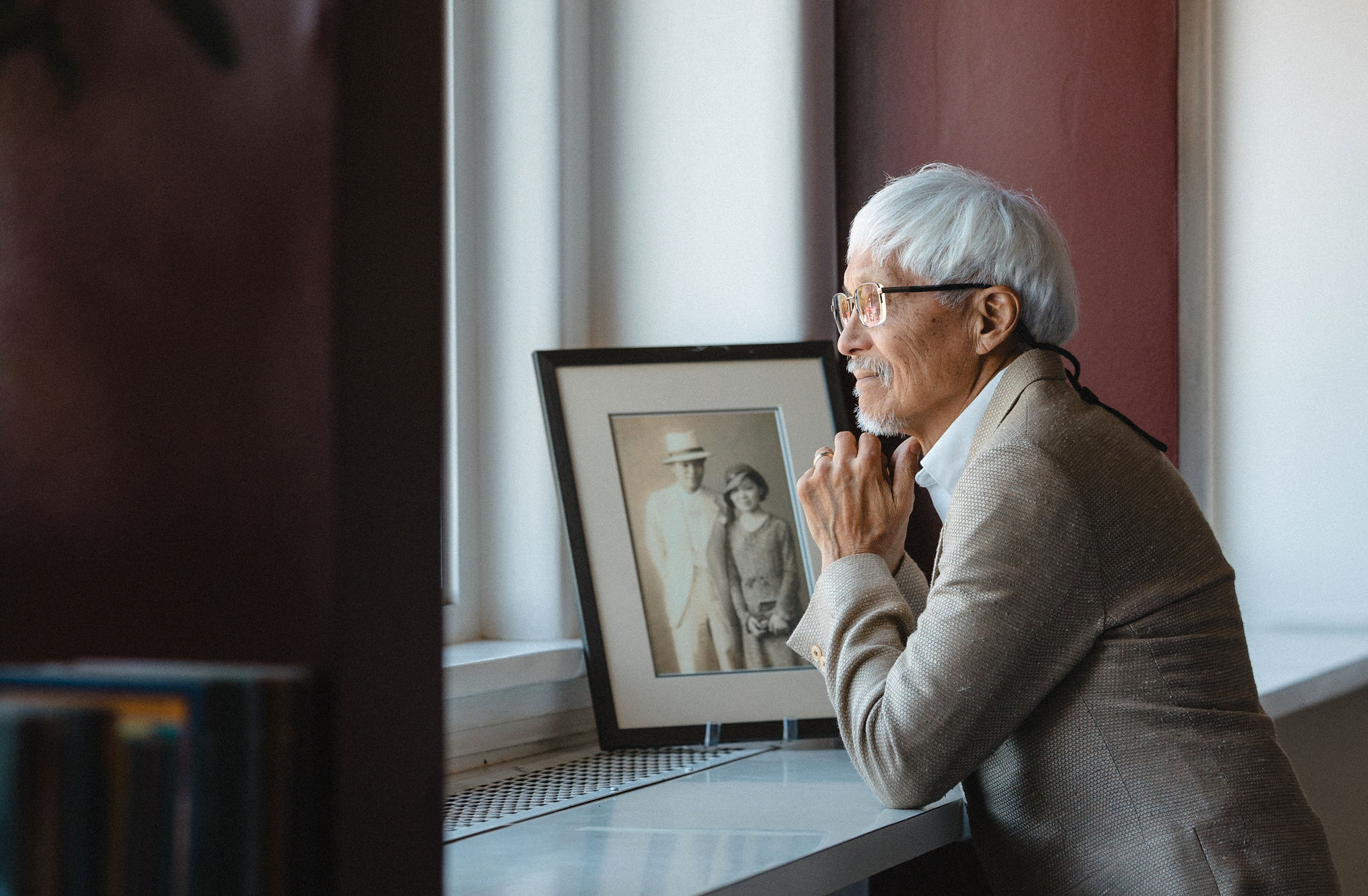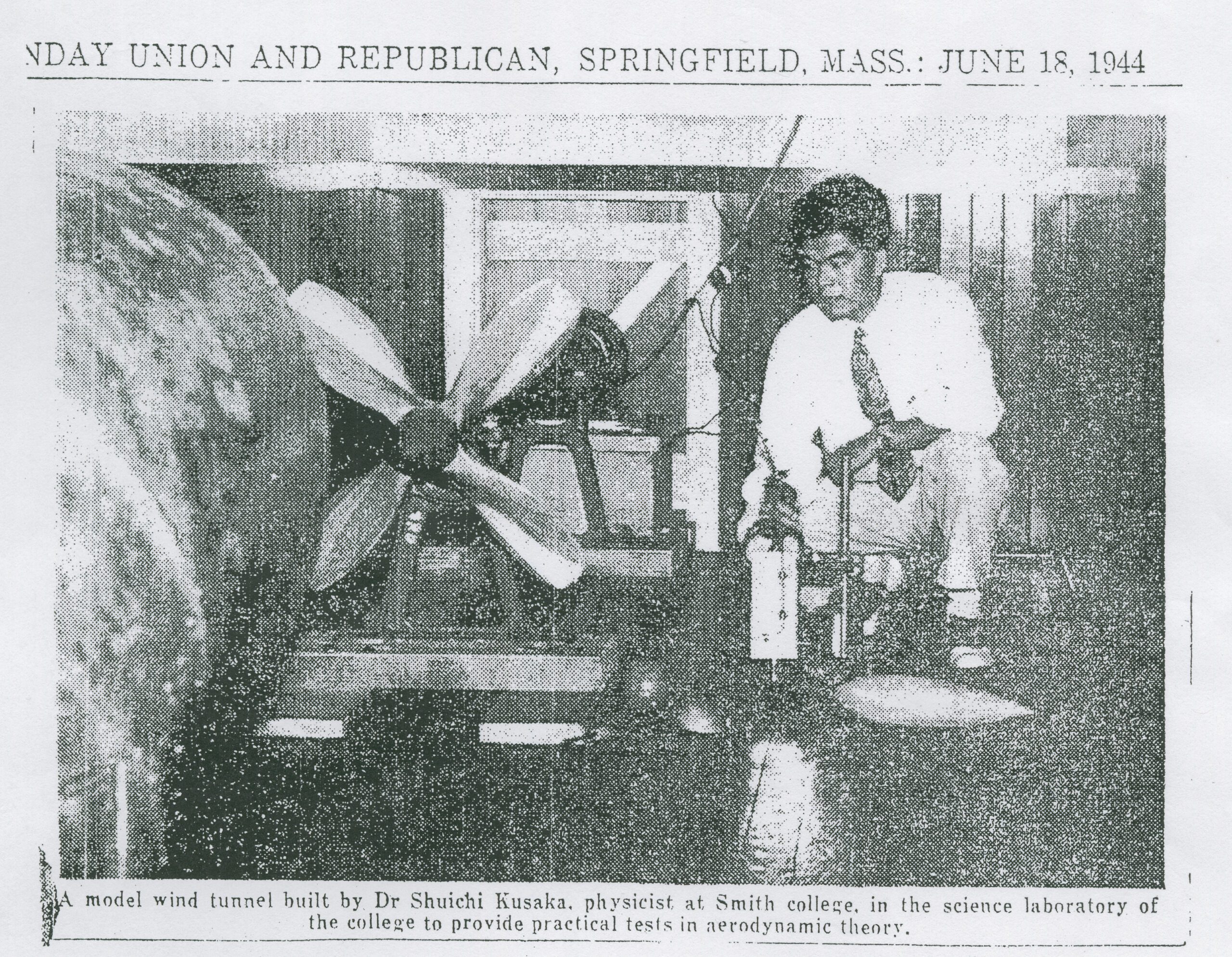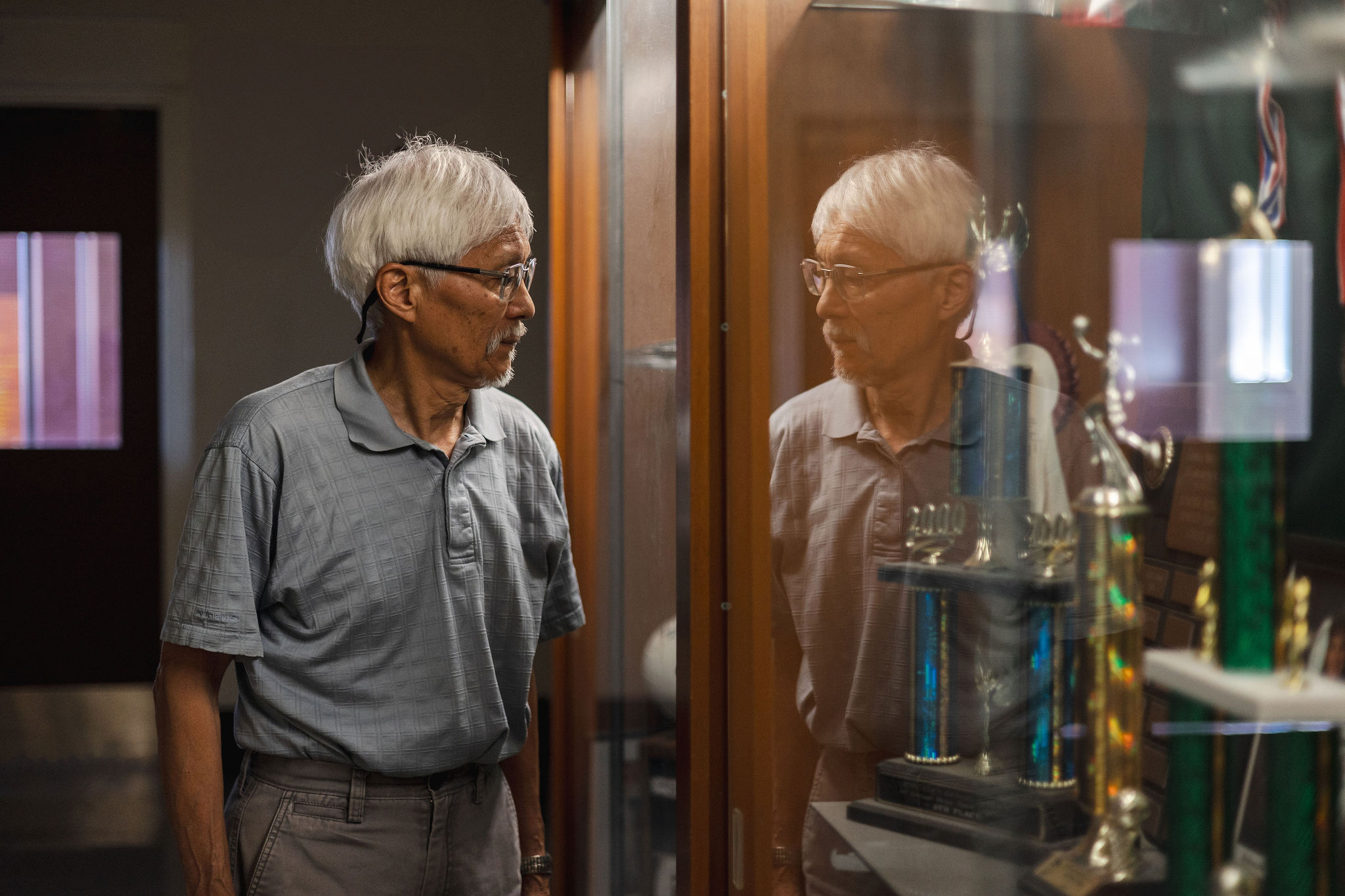
Preserving a brilliant legacy: How Shuichi Kusaka studied with Oppenheimer and Einstein
21 May 2025
By Peggy Lam
Photographs by Jamie Poh
This story is featured in our 2024 Vancouver Foundation magazine. Read the magazine to explore other stories of innovation, transformation, and community-driven change.
In 2023, when Victor Kusaka watched the movie Oppenheimer, he knew he wanted to shed light on the legacy of his uncle, Shuichi Kusaka. Shuichi was an accomplished theoretical physicist at the forefront of the nuclear age. He was an authority on cosmic ray research and high energy subatomic particles, and had studied under J. Robert Oppenheimer himself.
But despite his achievements, little is known about his story. Last year, to honour his uncle’s legacy and bring it into the spotlight, Victor and his seven siblings started the Kusaka & Iwata Family Fund at Vancouver Foundation. The fund will support the library and annual science fair at Britannia Secondary School — Shuichi’s alma mater. “He’s like a beacon of hope not only for his family, but also for others to reach their potential,” said Victor. “His life story was too amazing to be left in the dustpan.”
Gifted physicist taught at Princeton
Shuichi studied math and physics at UBC, graduating in 1937 with honours. Within the same year, he became the first Japanese person to win a Governor General’s Gold Medal in Canada. He then completed his master of science at MIT and PhD at the University of California Berkeley under J. Robert Oppenheimer, who became known as “the father of the atomic bomb.”
Arranged on a travelling fellowship by Oppenheimer, Shuichi pursued postdoctoral studies at the Institute for Advanced Study in Princeton, New Jersey. Here, he met Albert Einstein, who asked Shuichi to revise and edit his biography. Of course, Shuichi was thrilled to help.
In 1945, Shuichi joined the U.S. Army as a path to American citizenship. He was honourably discharged several months later after being recruited by Princeton University’s top-ranking physicists. He accepted a teaching position there and was soon promoted to assistant professor, while winning two prestigious doctoral fellowships.

Shuichi built this model wind tunnel at Smith College in Massachusetts, where he taught. Archive photo credit: Nikkei National Museum and Cultural Centre
Overcoming discrimination and racism
Despite his academic contributions, Shuichi faced discrimination because of his Japanese heritage. During the Second World War, the U.S. government saw Japanese Americans as a threat and forcibly removed them from their homes and kept in confinement centres.
Despite this, Shuichi was brought on in 1943 to teach at Smith College, a private women’s college in Northampton, Massachusetts. His appointment prompted a day of protests and 200 workers threatened to strike. “He got flak because here was a Japanese alien teaching their daughters and they did not like that. They wanted him removed,” said Victor. The college’s president supported Shuichi to keep teaching, but he needed to be accompanied on campus for safety. “I’m beginning to realize how difficult were the obstacles he had to overcome… he must’ve been feeling quite isolated and alone at times.”
Leaving behind a legacy
On August 31, 1947, Shuichi drowned while swimming at Beach Haven in New Jersey at age 31, marking the end of a young life and promising career.
To remember Shuichi, Princeton’s department of physics, along with Oppenheimer and Einstein, established a memorial fund in his name. It drew tremendous contributions from the Japanese community in Vancouver and across Canada. The scholarship continues to award students with outstanding accomplishments in physics.
Within his family, Shuichi is remembered as “the inspiration,” prompting them to do their best and spend their time wisely, Victor said. “He was a beacon. He demonstrated diligence, patience, modesty, trustworthiness and courage during the most challenging times.”

Victor looks onto a trophy case displayed at Britannia Secondary School, where both he and Shuichi attended high school.
Victor and his family hope that by preserving Shuichi’s legacy, they will inspire other young students to pursue meaningful careers in science and technology. “Perhaps this fund will enable a student from Britannia to become a Kusaka prize winner for one of Princeton University’s scholarships,” said Victor. “That would be amazing.”
Victor said because their family witnessed nuclear annihilation during the Second World War, the Kusaka & Iwata Family Fund will always stand for a peaceful world, and one that is free of nuclear weapons.

